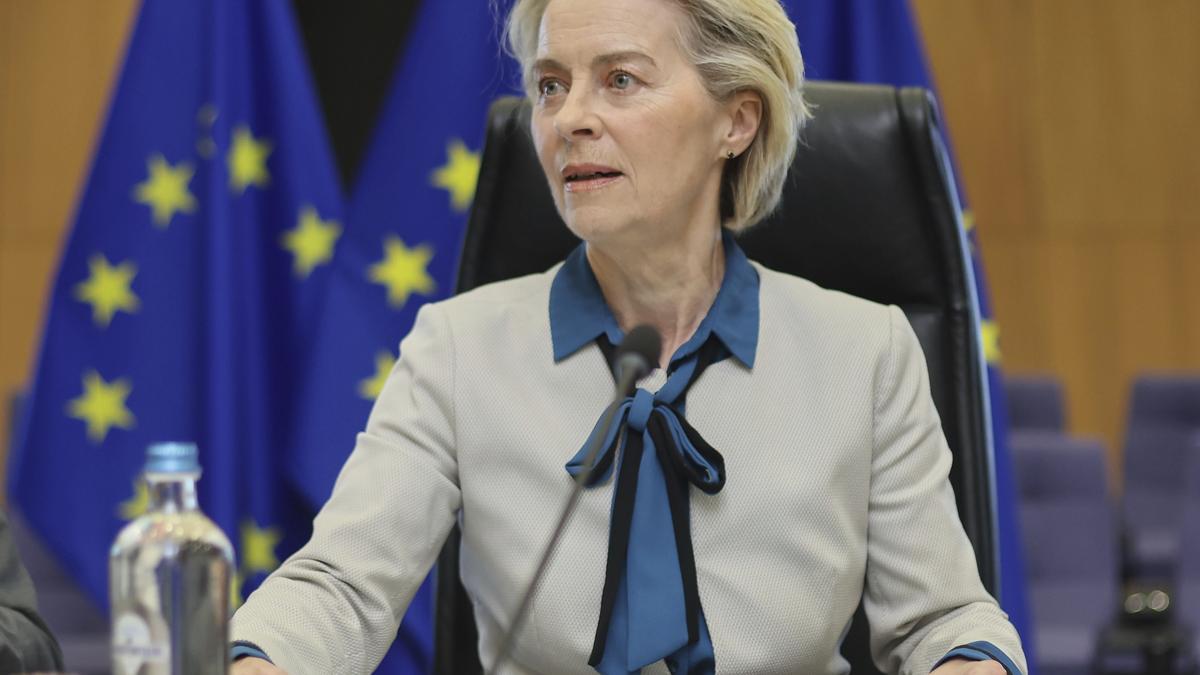
Court rules in favour of New York Times over texts between European Union chief, pharma boss
The Hindu
European court rules in favor of New York Times, demanding transparency from European Commission in COVID-19 text message case.
A top European court ruled on Wednesday (May 14, 2025) that the European Commission was wrong to refuse the New York Times access to text messages sent between President Ursula von der Leyen and a pharmaceutical boss during the COVID-19 pandemic, spurring further calls for reform from transparency advocates.
The U.S. newspaper’s lawyers “succeeded in rebutting the presumption of non-existence and of non-possession of the requested documents,” according to a statement from the European Union’s General Court in Luxembourg.
The case highlights ongoing questions about oversight of the Commission, which insists that text messages and other “ephemeral” electronic communications do not necessarily constitute documents of interest that should be saved or made public.
A statement from the court said “the Commission cannot merely state that it does not hold the requested documents but must provide credible explanations enabling the public and the court to understand why those documents cannot be found.”
It said that the Commission had failed to explain “in a plausible manner” why the messages did not contain important information.
It also said that the Commission “has not sufficiently clarified whether the requested text messages were deleted and, if so, whether the deletion was done deliberately or automatically or whether the President’s mobile phone had been replaced in the meantime.”
“Today’s decision is a victory for transparency and accountability in the European Union, and it sends a powerful message that ephemeral communications are not beyond the reach of public scrutiny,” said Nicole Taylor, a spokesperson for the New York Times.













